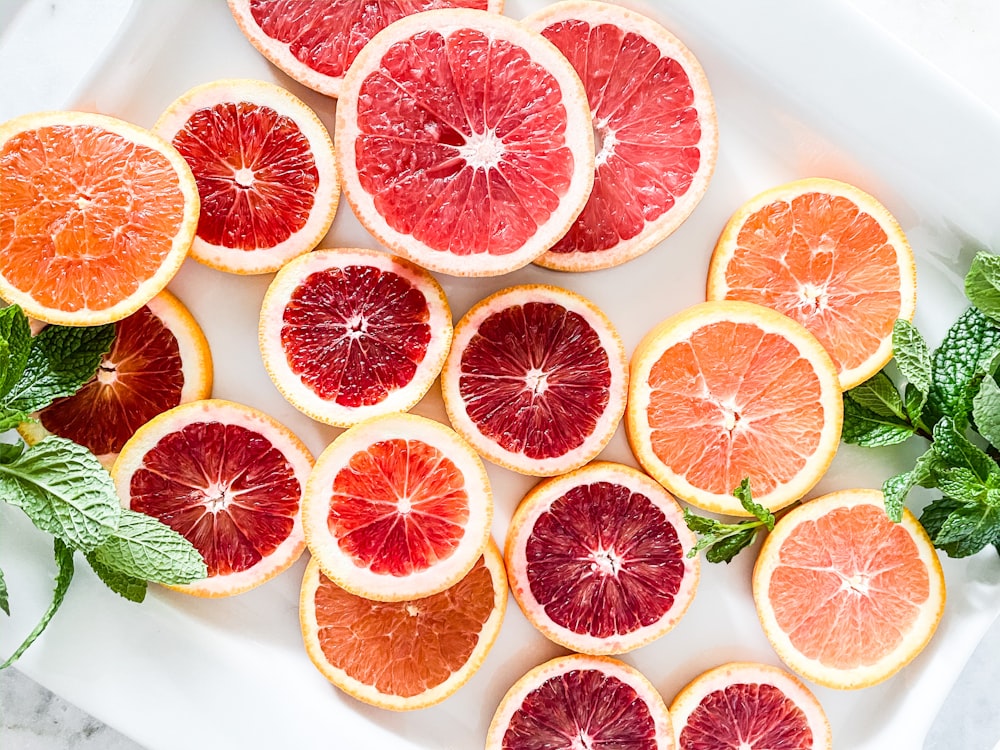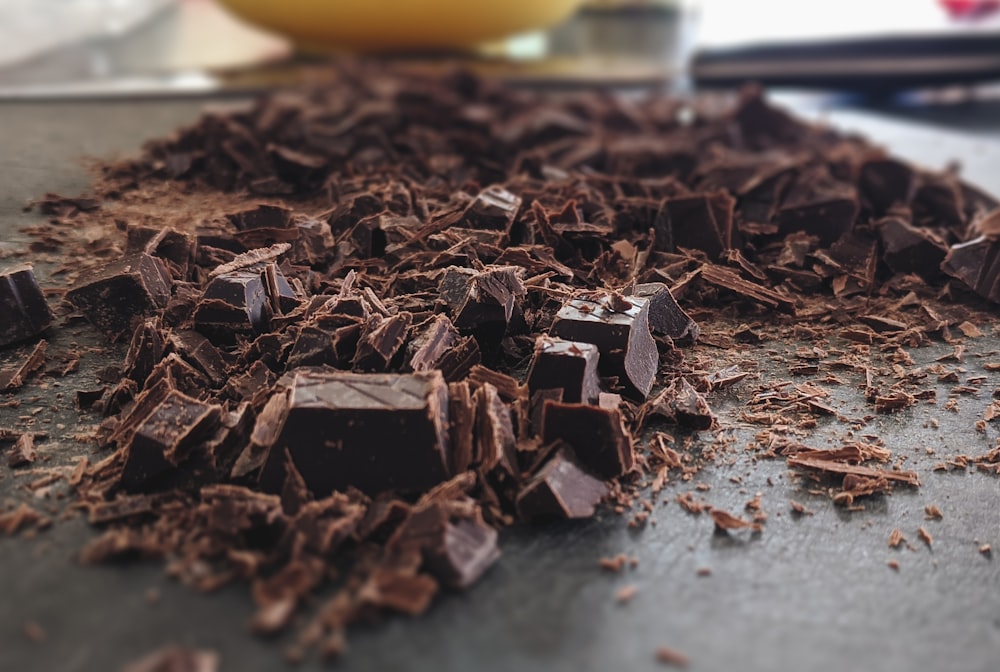Why bitter foods and drinks are essential for your well being

What do dandelion greens, coffee, and red wine have in common? They all have a bitter taste, and can be placed under the food and drink category of bitters. Bitter foods and bitter drinks aren’t as popular in the North American diet as they are in other diets across the globe. Luckily, however, they’re becoming more popular with time. This is important, given the fact that we’re in the middle of a health crisis.
We want to eat as healthy as we possibly can, and bitters may be the answer. They’re certainly part of the equation. In this article, I’d like to take a look at some of the best bitter foods and drinks you can eat to bolster health and longevity. Your taste buds may not love them at first, but with time, they will. I happen to love the following foods (and drinks), and I hope if they’re not already a part of your diet, you’ll consider giving them a try.
Best bitter beverages for health
Food isn’t the only piece of the health puzzle. Everything you consume plays an integral role. What we choose to drink can help or hinder our health. Which is why I encourage you to enjoy the following:
Coffee
Not everyone loves coffee, and that’s ok. There’s always tea. But, most of us adore it. Especially first thing in the morning. I don’t necessarily drink coffee for the caffeinated boost. A good cup of decaf is just fine with me. I simply love the taste. And why is that? Coffee is inherently bitter. And we’ve grown to love it. Its bitter flavor is linked to a wide array of health benefits.
The polyphenols found in coffee give it its bitter taste, while giving our bodies a shot of antioxidant goodness. While we may have been told otherwise in the past, coffee is inherently good for you. One of the most important polyphenols found in coffee is called chlorogenic acid, and it’s linked to a whole bunch of health benefits. So, how much should you drink? I typically enjoy 2-3 cups each day in one form or another. But, it’s totally up to you, as we’re all impacted differently by caffeine. So, enjoy that cuppa joe without guilt. It’s good for you!
Green tea
If coffee isn't your thing, green tea is just as good. This bitter beverage is consumed all over the world, although it originated in Asia. The compounds that give green tea its inherent health benefits and bitter flavor are known as catechins and polyphenols. They’re potent antioxidants that have major anti-inflammatory powers.
My favorite form of green tea is matcha. Instead of getting a coffee latte in the early afternoon after lunch, I typically enjoy a matcha latte instead. It’s a less jittery and more focused kind of caffeination, I’ve found. For me, it’s typically coffee in the morning and green tea in the afternoon. While black tea is bitter, green tea has a greater amount of antioxidants. I always choose green over black when I can. This ensures I’m drinking enough bitters. Oh, yeah. And red wine at night!
Red wine
Is red wine good for you? Is it not? In my opinion, it most certainly is—in moderation, of course. Just like coffee and green tea, red wine is a bitter drink containing healthy polyphenols. The primary polyphenols found in red wine which give the elixir its healing benefits, as well as its bitter flavor are called tannins and proanthocyanidins.
These two kinds of antioxidants are so good for you, which means so is red wine! I like red wine so much I have to watch how much I drink. In moderation, it makes you feel good. But, as I age, sometimes all it takes is two full glasses to make me feel “off” the next day. Always hydrate when you drink red wine because every form of alcohol is dehydrating in nature. Drink it with food, too. As red wine on an empty stomach can make you feel sick.
With so many different varieties of grapes and blends from around the world, you can have so much fun exploring what you like. Cheers!
Bitter foods for optimal health
Bitter foods are inherently healthy. It’s that simple. They contain an incredible amount of plant-based compounds, all of which can upgrade your health in amazing ways. If you’re not sure whether or not you’re getting enough bitter foods in your diet, here’s a list of them. They’re all tasty, and they’re all really, really good for you.
Grapefruit
My grandmother and I used to love eating grapefruit together. She’d cut it in half for me, Then slit each individual wedge with her knife to make those morsels come right out of the fruit. We’d also drizzle it with honey. It was a real treat. I meant to pick up a big bag of grapefruit the other night when my best friend and I made our weekly trip to Trader Joe’s. Next time, for sure.
Grapefruit is a wonderful source of vitamin C. It’s also a bitter fruit. It’s full of so many vitamins and minerals, that I really can’t say enough about the health benefits of this bitter fruit. And if it feels like too much of a project to eat the whole fruit, simply buy grapefruit juice. Just make sure it’s pure juice, with no added sugars.

Cruciferous veggies
You probably know just how healthy cruciferous vegetables are for you by now. But, did you know they were classified under bitter vegetables? I actually didn’t realize this. I typically think of dark, leafy greens as bitters. Not broccoli, cauliflower, cabbage, etc. But, cruciferous veggies are bitter, and they’re oh-so-good for you.
Don’t like the aforementioned veggies? Then try arugula, Brussels sprouts, kimchi, or radishes. Make a French-inspired radish salad. Try your hand at spicy kimchi, or purchase it ready-made. The compounds found in cruciferous veggies which give them their bitter taste are called glucosinolates. They’re also attributed to the many beneficial health properties of these vegetables. Shoot for 5 servings of these bitter veggies each week to reap their full benefit.
Dandelion greens
Are you eating dandelion greens? My guess is, probably not. I started foraging for dandelion greens last spring for the first time, and I must say, it’s a fun (and healthy) activity. Dandelions grow everywhere. And while most people consider them to be a pesky weed, they’re actually a superfood in my book. I’m talking about the green parts, of course.
They’re easy to pull, and most of your neighbors won’t mind if you do. I like to add them to salads and eat them raw, or saute them in extra-virgin olive oil. Add some garlic and spices, and some other greens if you have them and voila! You’ve got a really healthy side dish with a bitter you picked from your own (or your neighbor’s) front yard.
These bitter greens are full of vitamins and minerals, including vitamin A, vitamin C, and vitamin K. They even promote eye health with their zeaxanthin and lutein content. What’s more, eating dandelion greens may support the health of your gut. There’s so much going on with dandelions, and the fact that they’re free to get, makes them my top bitter food
on this list.

Cranberries
We typically don’t eat cranberries like we should. They’re a bitter fruit that don’t get enough hype. But, they’re really, really good for you, and I encourage you to find ways to eat them on a regular basis. The plant compound in cranberry that gives it its bitter taste is known as type- A proanthocyanidins. I know. It’s a mouthful. There’s no need to memorize it. Just know that it’s good for your gut, as well as your urinary tract.
This is why drinking pure cranberry juice is a great natural cure for urinary tract infections. I learned that as a child from my mom, who was constantly drinking cranberry juice for her bladder. And while I typically say it’s best to get your nutrients from food, cranberry pills also contain those beneficial polyphenols. So take a supplement if you’re not a fan of cranberries or cranberry juice.
Cocoa and cacao for dessert
There’s a reason why chocolate is good for you. Actually, there are many reasons. And one of them has to do with its bitterness. The less sugar in your chocolate, the more bitter it’s going to taste. And of course, the healthier it is. Cacao’s bitter flavor comes from its many polyphenols.
These polyphenol antioxidants are highly beneficial for your health on a number of levels. But, as you know, the darker the chocolate the better. The more bitter the taste, the healthier it is for you. So, don’t confuse milk chocolate with the less adulterated dark chocolate. And if your taste buds aren’t yet acclimated to super dark chocolate just yet, that’s ok. Start with a lower cacao content, and work your way up to the real bitter stuff.

I hope this helps you appreciate the life-giving benefits of bitter foods and drinks. They’re an essential part of any diet, and tasty to boot!
